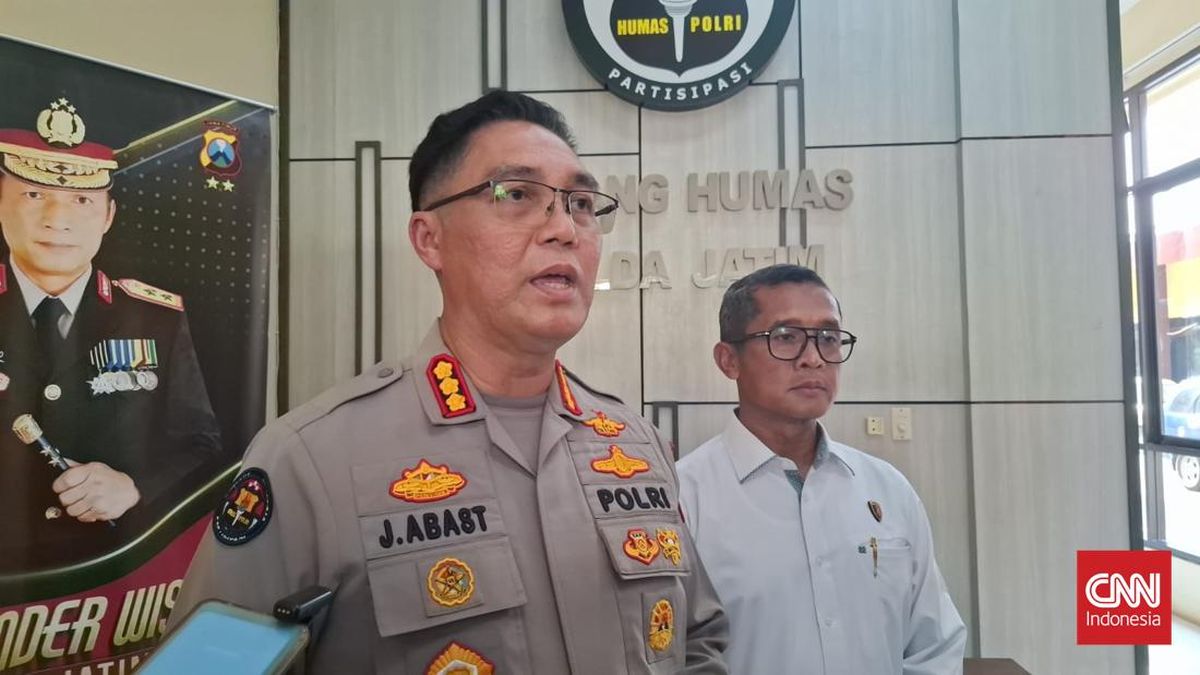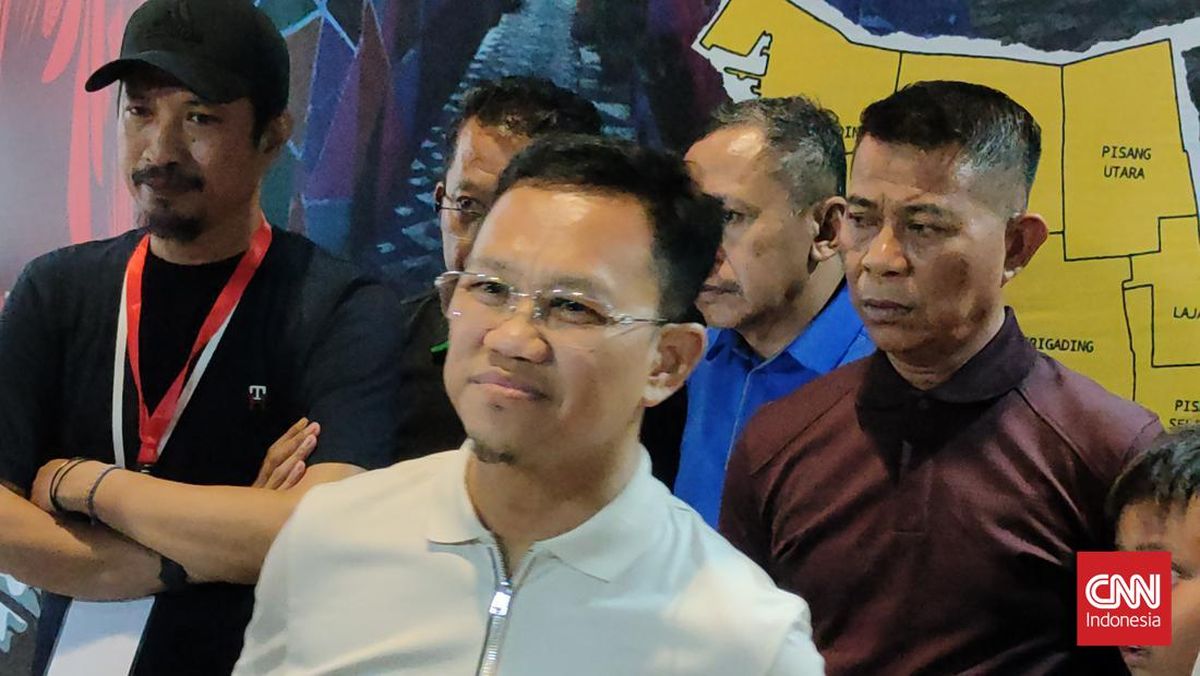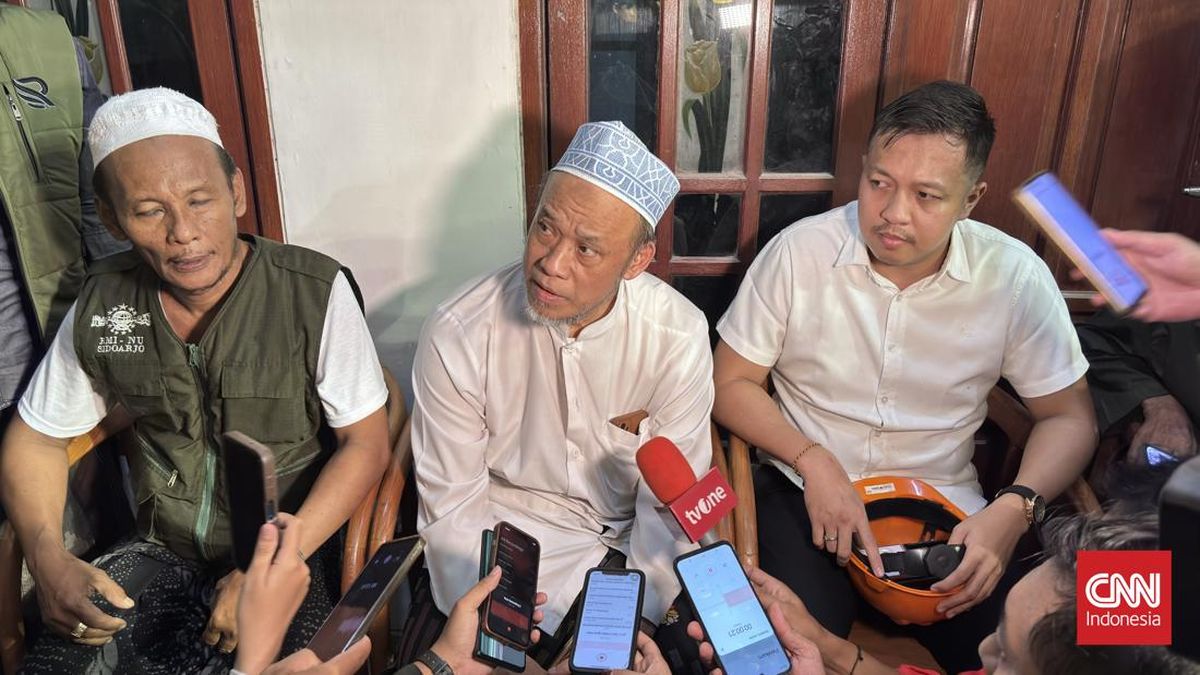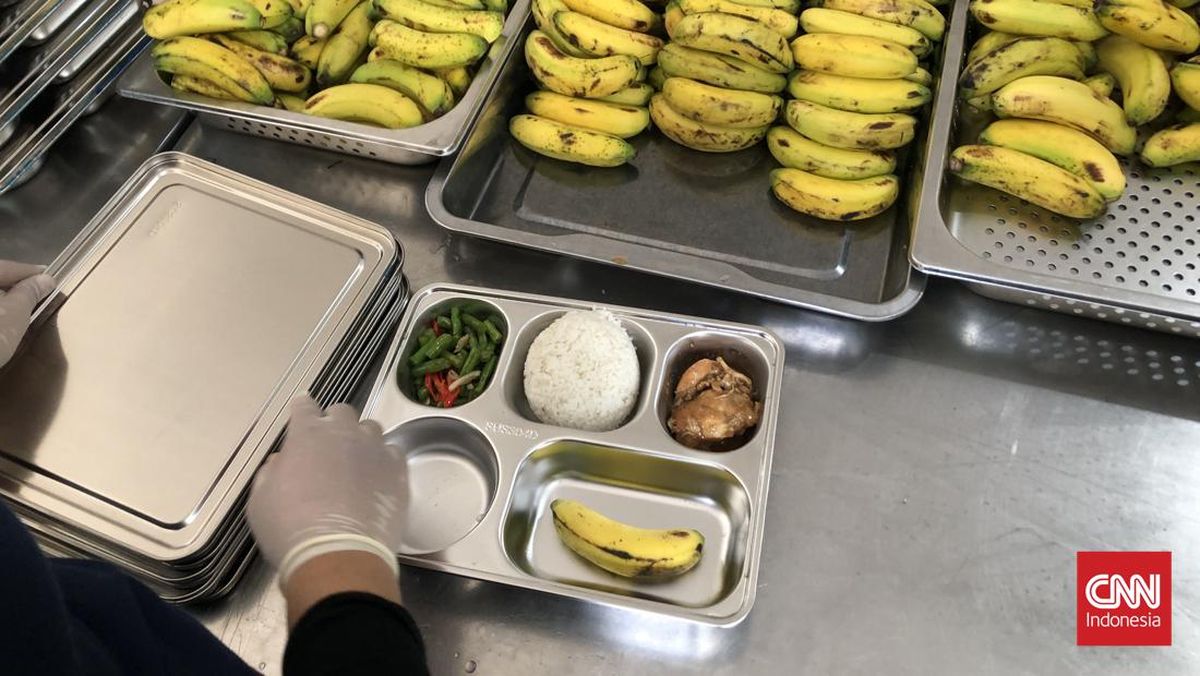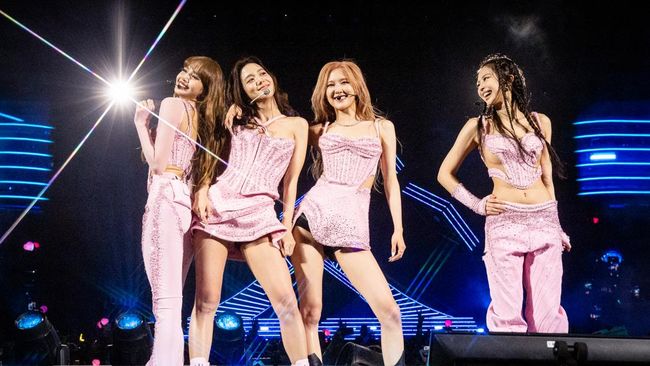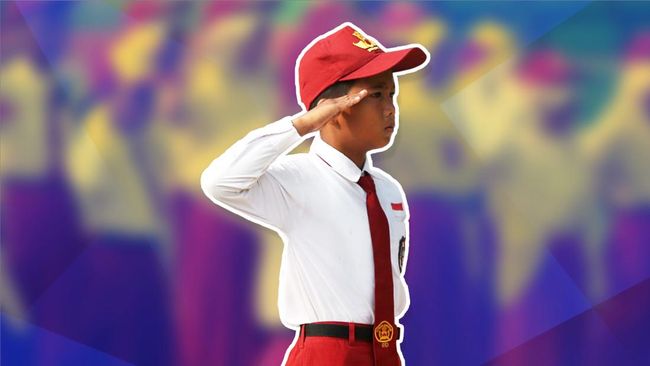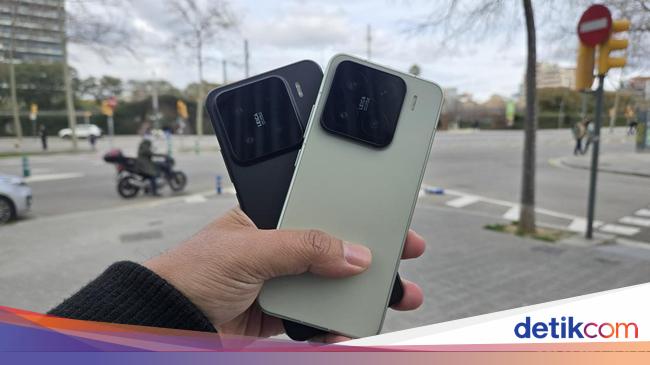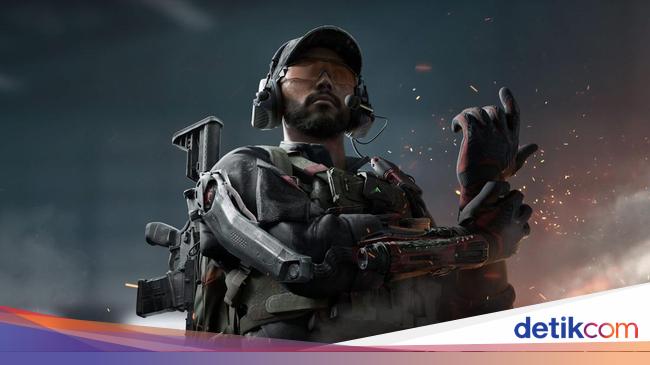Google's plans for its Android phone software have been clear: Grow the role of its Gemini AI assistant to handle more tasks and make it integral to most people's activities. The company's strategy for its lightweight ChromeOS for laptops and tablets is less clear, especially as Google teased earlier this year that it would be combined with Android.
On the keynote stage at Snapdragon Summit 2025, executives Alex Katouzian from Qualcomm and Sameer Samat from Google finally gave us a window for when this software merger would happen: "next year" or sometime in 2026. But it wasn't until I sat down with those executives for a behind-closed-doors chat that I got a fuller picture of what this will mean for everything using ChromeOS -- and what will change when it incorporates Android, which is run on the majority of devices worldwide.
But first, Samat -- president of Android ecosystem -- reassured that ChromeOS wasn't going anywhere. Instead, Android tech will augment the laptop operating system, especially with -- hold your surprise -- all the AI integration they've worked to bring to the mobile space.
"We're fully committed to ChromeOS," Samat said. "It's natural to sort of look at ChromeOS, the user experience and Android [with] the underlying tech stack and say, 'What can we do to combine these two things together in a way that allows us to innovate more quickly on AI?'"
Google's Sameer Samat shaking Qualcomm's Alex Katouzian's hand on stage at the keynote for Snapdragon Summit 2025.
David Lumb/CNETThe goal is to build a more cohesive experience among Android products, especially premium devices. That's where Qualcomm comes in. Its new mobile Snapdragon 8 Elite Gen 5 and PC platform Snapdragon X2 Elite chips are aimed at the top tiers of portable, powerful, yet battery-efficient devices along the spectrum of phones, tablets and laptops. As consumers own several of those devices and start adding wearables or smart glasses, it's advantageous to incorporate Android into their tech foundations.
"We're going to go to the next generation of computing -- maybe it's MR, VR, AR capabilities -- and we're going to extend that. They're going to coexist. We want to participate in all of them," said Katouzian, Qualcomm's group general manager of mobile, compute and the XR business unit. "But then what's more important is the agent, namely Gemini, will connect all these devices."
Positioning Gemini as the glue holding all your devices together aligns neatly with the picture Qualcomm painted at this year's Snapdragon Summit of using AI agents as the interface. Instead of searching through apps, you just ask questions as the agent searches for you. Refined AI models and silicon get us closer to this vision, but Qualcomm has been beating this drum for a while.
The Acer Chromebook Plus 514 is one of CNET's best-rated Chromebooks.
Josh Goldman/CNETBut even if AI agents don't take over everyone's interfaces by the time Android merges with ChromeOS, there are still significant benefits, Samat explained. An obvious one is for ChromeOS to shift from emulating Android applications to running them natively, which should boost performance and gain better mouse and keyboard support.
It will make app developers' lives much easier, as Android's adaptive components let it be sized up or down to different-sized screens, from phones to big TV-sized displays. Users of device categories that run ChromeOS -- laptops and tablets -- will use the same apps built for use across the Android ecosystem.
"We're going to take all of the learnings that we did on Android, all the acceleration and capabilities, and apply it to a large productivity computing device that can run the same apps, the same games … integrate in Gemini and put AI to use for all of those environments and all those applications," Katouzian said.
There's still uncertainty about how an Android-and-ChromeOS combo will look when people pop open a device running the converged software.
"Not all of it is done yet. To be honest, I think we're still working through that," Samat said. "We definitely want people to understand that we can better connect your laptop with your Android phone and make that experience really seamless. But a lot of the UI and a lot of the details we're still working through. We have a ways to go."
In the meantime, Google continues to launch Gemini on new devices, from introducing it in smartwatches like the Galaxy Watch 8 via July's Wear OS 6 update to debuting the first TVs with the assistant, like the TCL QM9K, launched at the beginning of September.
Gemini running on the Samsung Galaxy Watch 8.
Numi Prasarn, CNETIn laptops and tablets, Samat is excited to include Gemini Nano, the on-device version of the assistant that can parse queries on the device -- helpful when out in the field away from Wi-Fi. But it's clear that Google and Qualcomm see the Android-and-ChromeOS future as enhancing productivity first, which makes sense for the lightweight computing devices running such software.
And it's appropriate that these are the execs leading that charge. When I asked them about their favorite ways to use Gemini, they went straight for productivity hacks. Samat's was impressively arcane, what he calls a "mega productivity prompt." After dumping info into Gemini like his job and team descriptions as well as his quarterly goals, he has the assistant run through his calendar and Gmail inbox to figure out the most important things to know for every professional engagement he has coming up.
"So for every single meeting, I get a little readout -- it's kind of like having somebody just write a briefing for you," Samat said.
Katouzian uses Gemini to parse the vast communication he gets over text -- emails, messages, etc -- by summarizing and helping draft quick responses.
"It takes such a long time for me to try to write out exactly what I want," Katouzian said. "I'm asking [Gemini], hey, here's a situation, this is the gist I want -- what do you think? And it spits out a bunch of stuff. I use it that way throughout the day, outside of just search and discussion."
As they integrate Gemini into their work lives, they've also found uses off the clock. Samat described a situation in which his son was agonizing over choosing between two high schools. Rather than making a simple pro/con list, Samat sought more specific guidance.
"I asked Gemini, how can I help as a dad so that he still owns the decision, but I can help him through this decision. And it gave me two or three [suggestions] … they were totally awesome. Ultimately, it worked out really well," Samat said.
Watch this: Everything Announced at the Snapdragon Summit 2025 Keynote in 21 Minutes
21:43

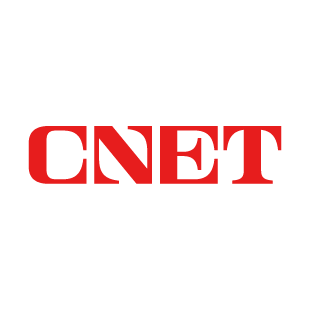 2 hours ago
1
2 hours ago
1


